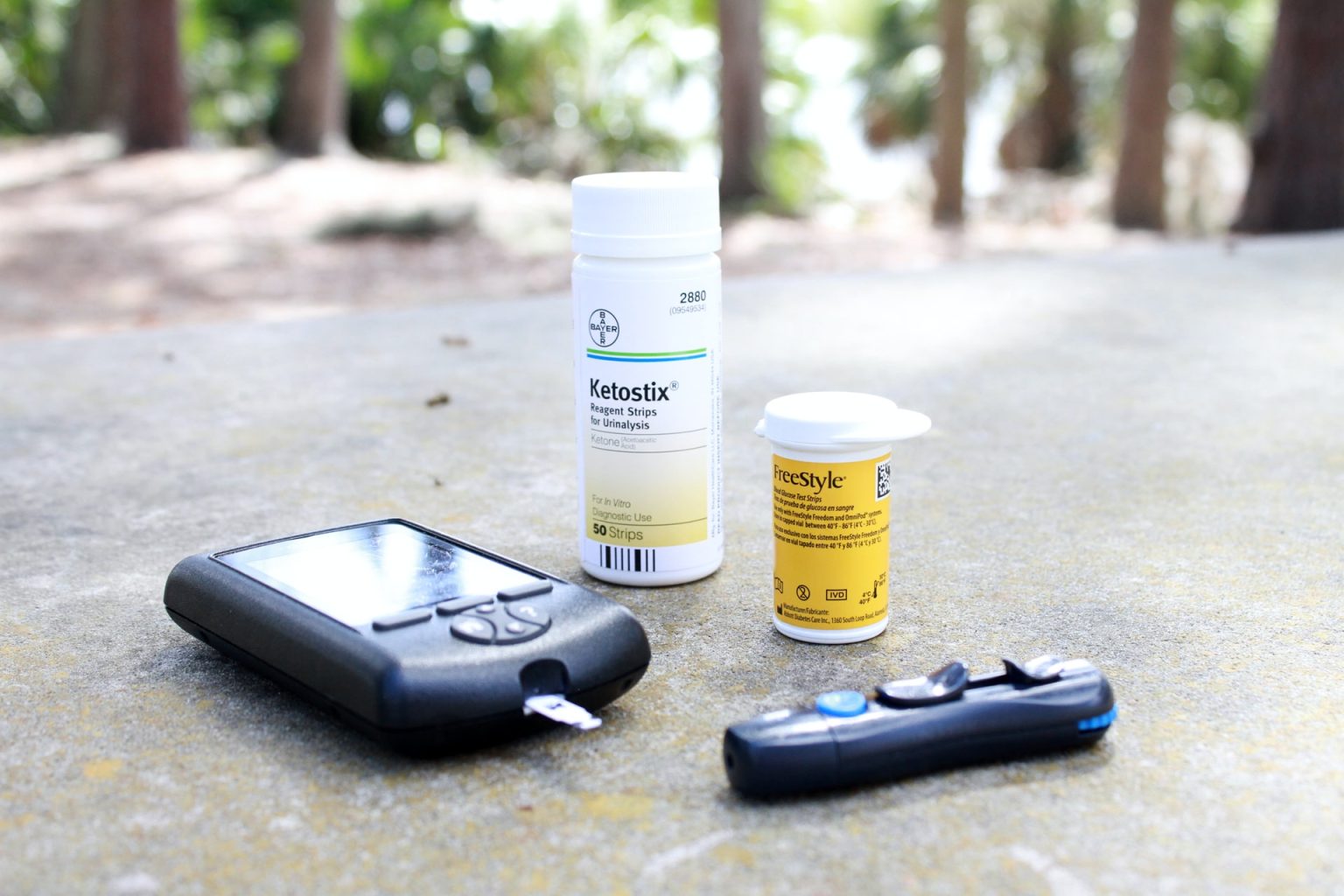This can′t be real; maybe it′s a mistake, perhaps the doctor doesn′t know what he′s saying. Being diagnosed with Diabetes can be pretty shocking at first, which is understandable. But a hazardous line of thought is to tell yourself that it′s was not true, that you don′t have Diabetes. Minimizing the seriousness of the disease is normal, but you must start to come to terms with your condition and begin treatment as soon as possible.
Having Type 2 diabetes means that your body cells can’t effectively absorb sugar, precisely glucose, from the food you consume and over time. The result? It leads to uncontrolled high blood sugar levels, resulting in serious complications such as eye diseases like glaucoma, kidney disease, and foot ulcers that can very much result in amputation. However, these can be avoided by controlling your blood sugar levels sooner than later.
When it comes to uncontrolled Diabetes, two types of complications can arise chronic and acute.
CHRONIC COMPLICATIONS
Generally, these problems develop over time and eventually lead to severe damage when left untreated. Most times, they tend to be long-term.
· Retinopathy (Eye Problems)
Over time, people with untreated Diabetes can begin to develop problems with their eyesight. This eye disease is commonly known as Diabetic Retinopathy. It is a disease of the small retinal blood vessels. Retinopathy can be detected by viewing the pupils with an ophthalmoscope, and if picked up early, it can be treated, and sight loss can be averted.
· Nephropathy (Kidney problem)
Diabetic Nephropathy is the deterioration of the functions of the kidney. This disease makes it much harder for your kidneys to clear the extra fluid and waste from your body. It’s a condition caused by high blood sugar levels and hypertension—the final stages of nephropathy result in kidney failure or end-stage renal disease. Treatment is possible if detection is early.
· Neuropathy (Nerve damage)
Untreated Diabetes can also lead to severe nerve damage or Neuropathy, as it is also known. This is the damage of one or more nerves, and this commonly results in numbness, muscle weakness, tingling, or pain in the affected areas. This complication results from increased blood sugar levels over time. It can make it hard to carry messages through the nerves to different body parts, affecting movement, speech, and the senses.
· Heart Problems
Having sustained high blood sugar levels for an extended period can damage the blood vessels, and if it is left untreated, this can very much lead to a heart attack.
· Foot Problems
Diabetes left untreated for an extended period will eventually result in complications in the feet, leading to the affected foot being amputated. This results from nerve damage that affects the feeling in the feet, and high blood sugar levels can damage the circulation, making it a lot slower for sores and cuts to heal. However, this can be avoided if any changes in your feet are promptly reported to your doctor.
· Risk of Cancer
Having untreated Diabetes dramatically increases your risk of having certain cancers. Some of the treatment methods for these cancers can negatively affect your Diabetes negatively and make it increasingly harder to get your blood sugars under control.
· Gum Disease
This seems pretty obvious, as increased blood sugar levels can lead to more sugar in the saliva. This increase can bring about bacteria that produce acids that attack your tooth enamel and damage your gums. This can also lead to the blood vessels in the gums becoming damaged, spreading the damage to more parts of the gum.
ACUTE COMPLICATIONS
These complications can happen at any time and lead to more chronic, long-term problems.
· Hypos: This happens when your blood sugar level is low.
· Hypers: This is a result of a high blood sugar level.
· Hyperosmolar Hyperglycemic State (HHS): This is a life-threatening emergency caused by severe dehydration and high blood sugar levels. This is a condition that only happens in people with Type 2 Diabetes.
· Diabetic Ketoacidosis (DKA): This occurs when there is a buildup of ketones due to a lack of insulin, resulting in high blood sugar. It is a condition that is usually life-threatening.
Diabetes is not a death sentence. According to studies, a 55-year-old with type 2 diabetes may expect to live between 68.2–76.1 years, with a general expectancy of about 79.7 years, while a 75-year-old can expect to live between 79.3–84.6 years, with a general lifespan of around 85 years. The report shows that this is a condition that can be managed, and long, happy life can be enjoyed as long as it is being treated and managed effectively. For this to happen, you must keep your blood sugar, blood pressure, and blood fats in check, reducing your risk of developing complications.
After a diagnosis according to the American Diabetes Association, reports say that it is perfectly normal to doubt and for thoughts of denial to arise as it can take a while to come to terms with this condition. But realizing that this is real and making specific lifestyle changes such as stopping smoking and other unhealthy habits, eating more healthily, and performing exercises.
The result of all these changes can be monitored by having a regular diabetes health check. In this age of modern technology, a Diabetes Monitoring App can be of great use as it will help you come up with a Diabetes Management Plan to help you live your best life.

